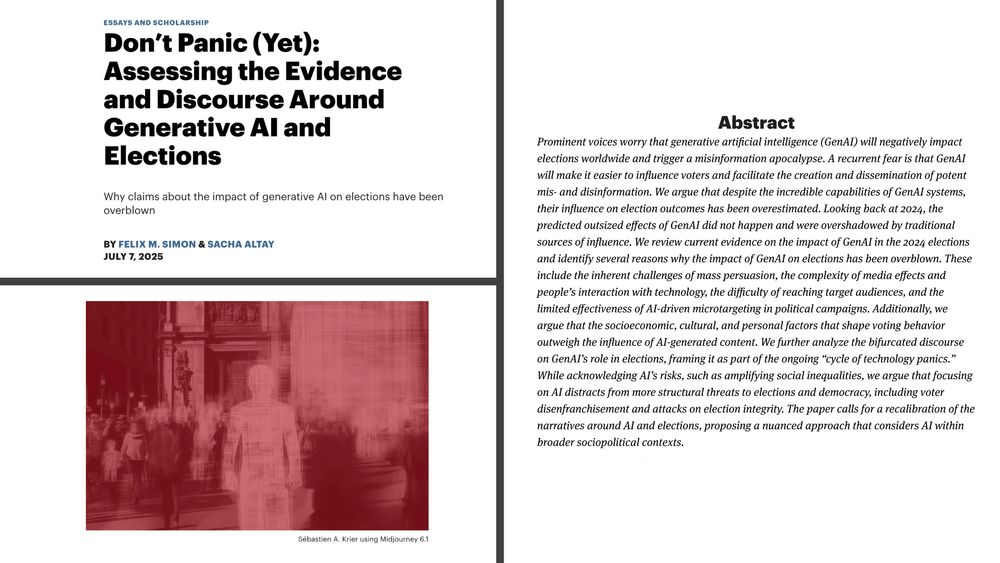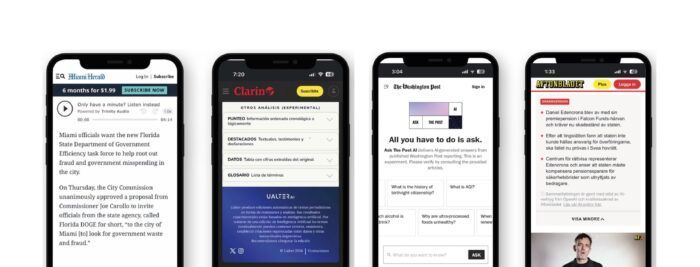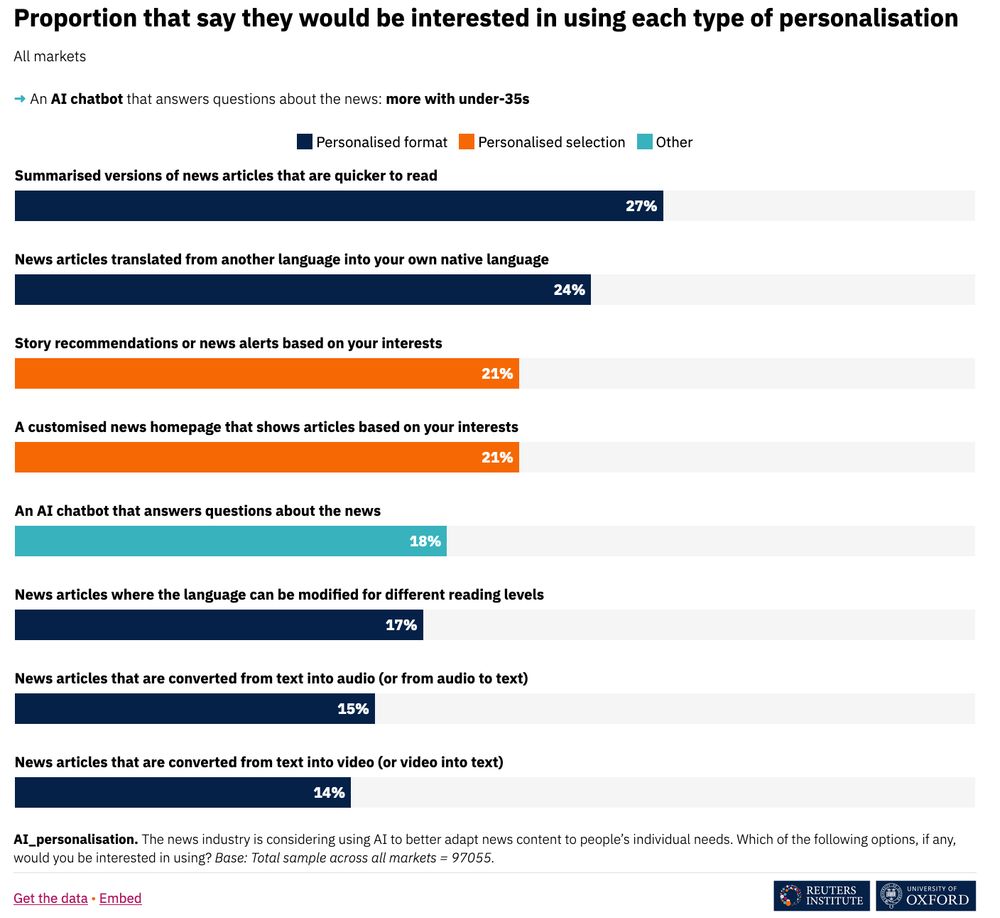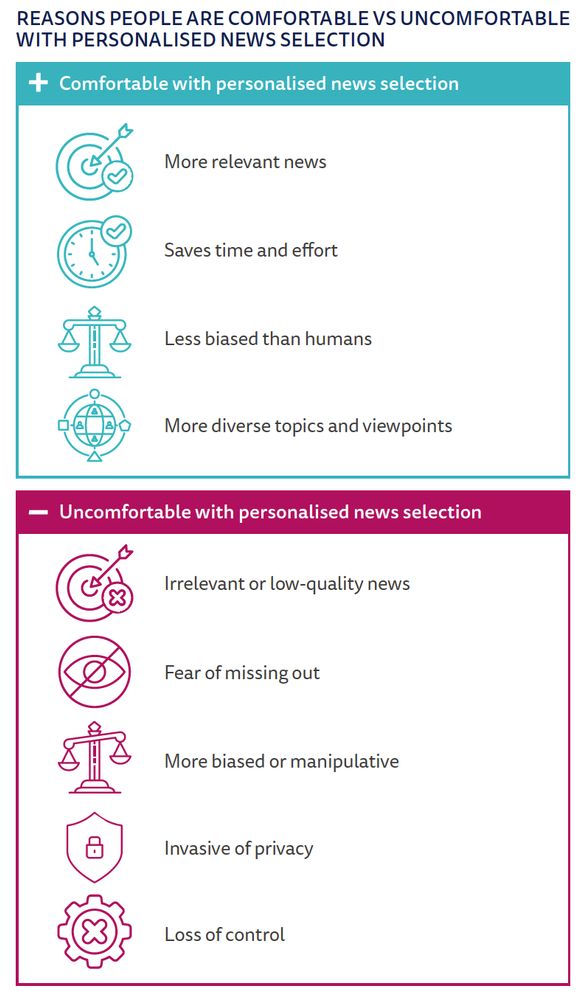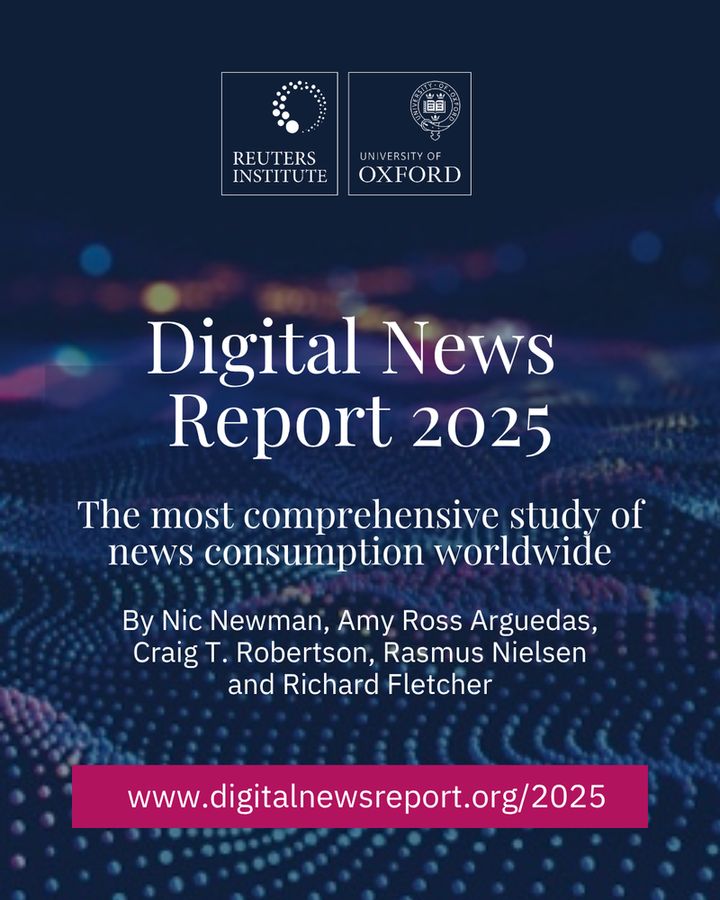Amy Ross Arguedas
@amyrossarguedas.bsky.social
2.6K followers
360 following
50 posts
Postdoctoral Researcher @reutersinstitute.bsky.social | Northwestern University and Universidad de Costa Rica alum | Usual disclaimers
Posts
Media
Videos
Starter Packs
Reposted by Amy Ross Arguedas
Reposted by Amy Ross Arguedas
Reposted by Amy Ross Arguedas
Reposted by Amy Ross Arguedas
Raymond Colle
@raycolle.bsky.social
· Jun 24
Reposted by Amy Ross Arguedas
Anne Schulz
@annisch.bsky.social
· Jun 17





